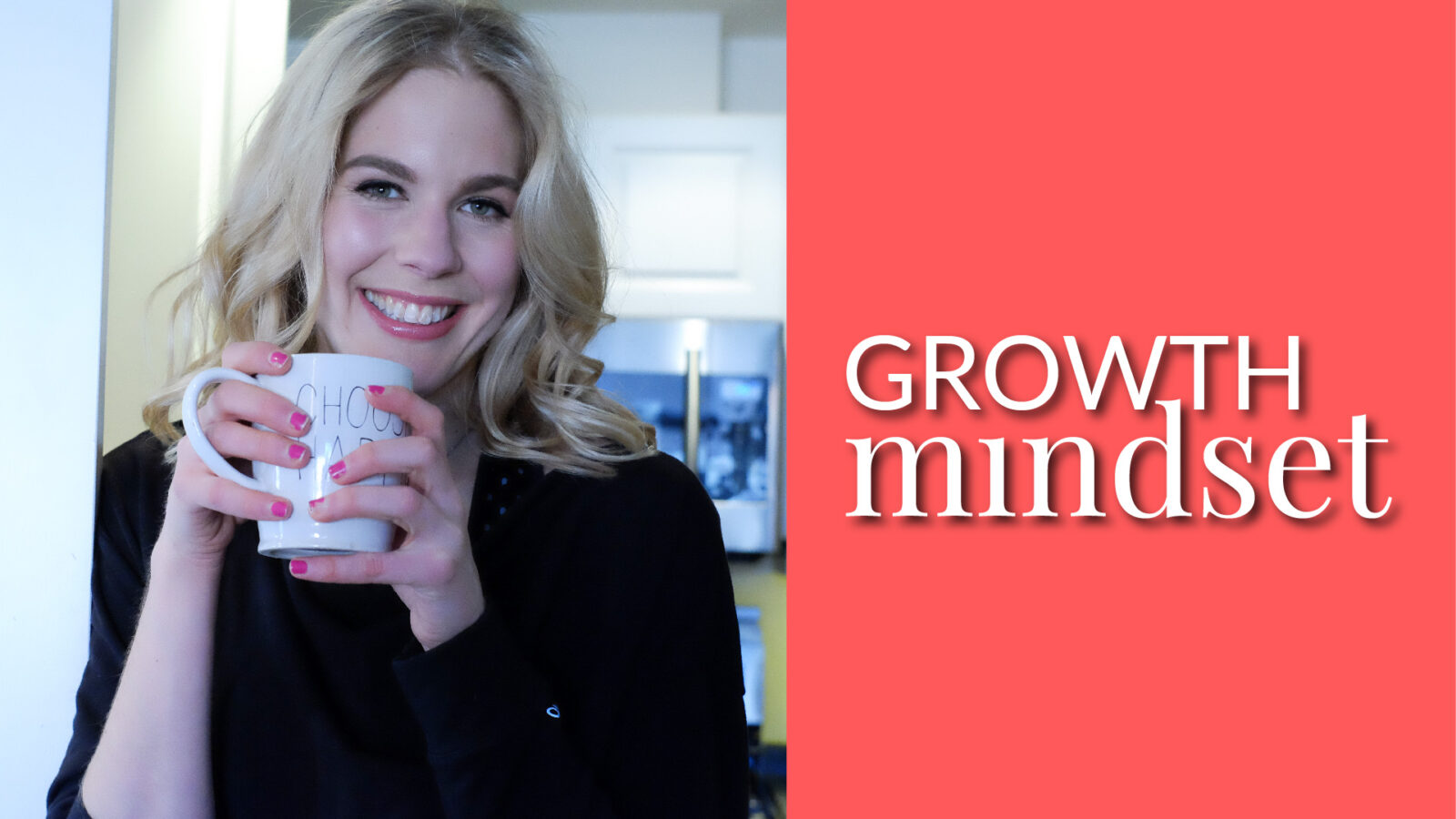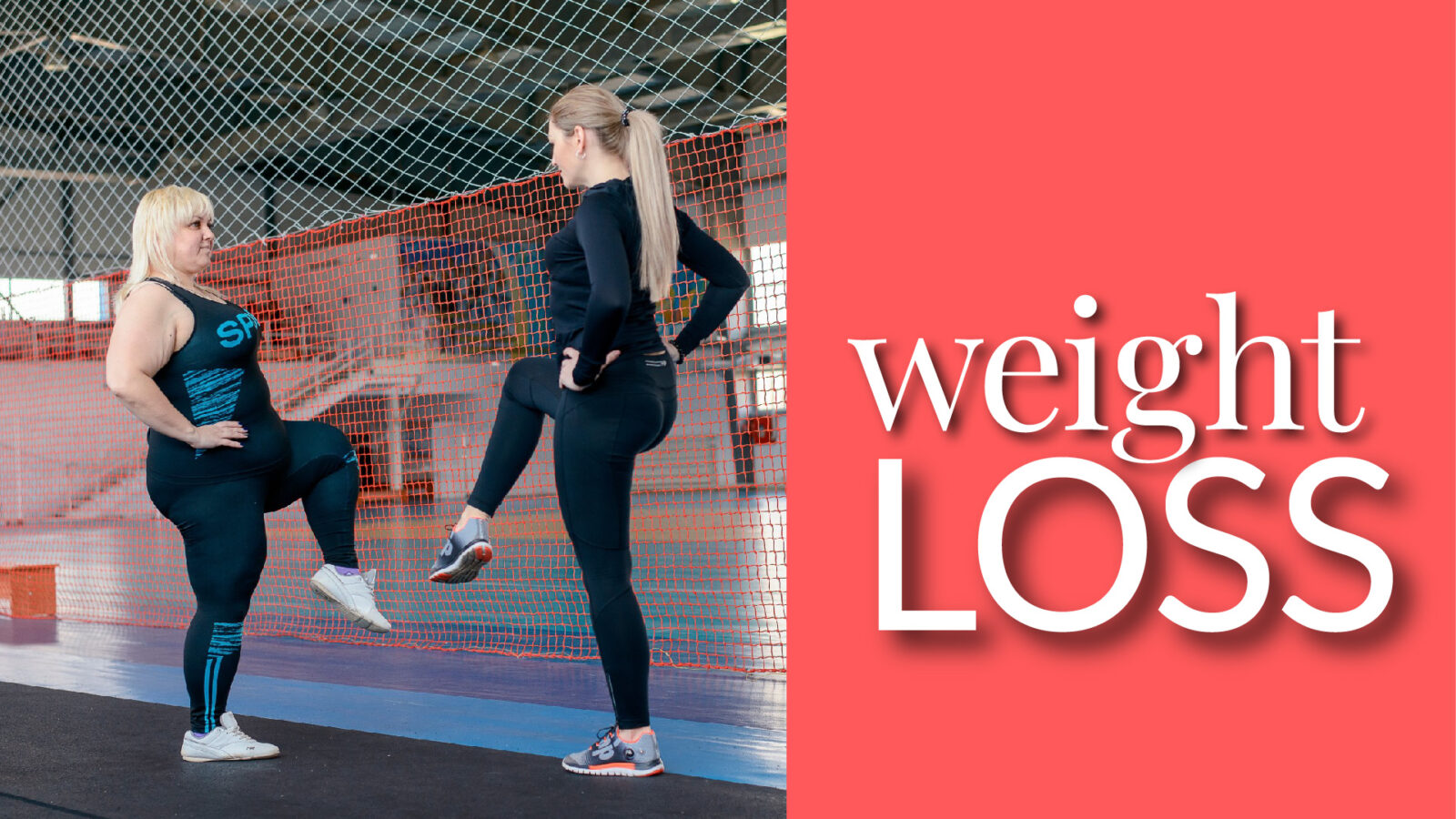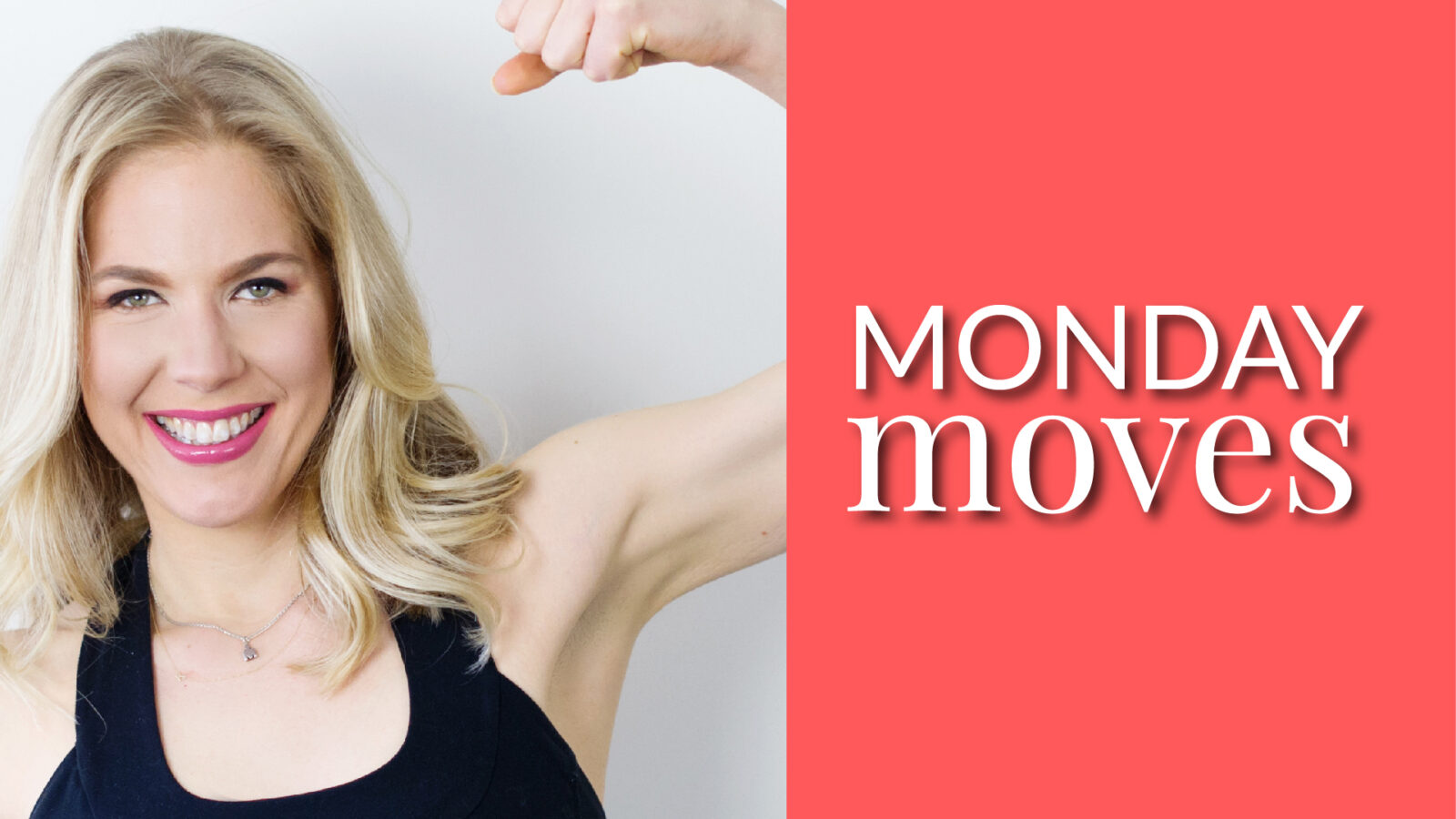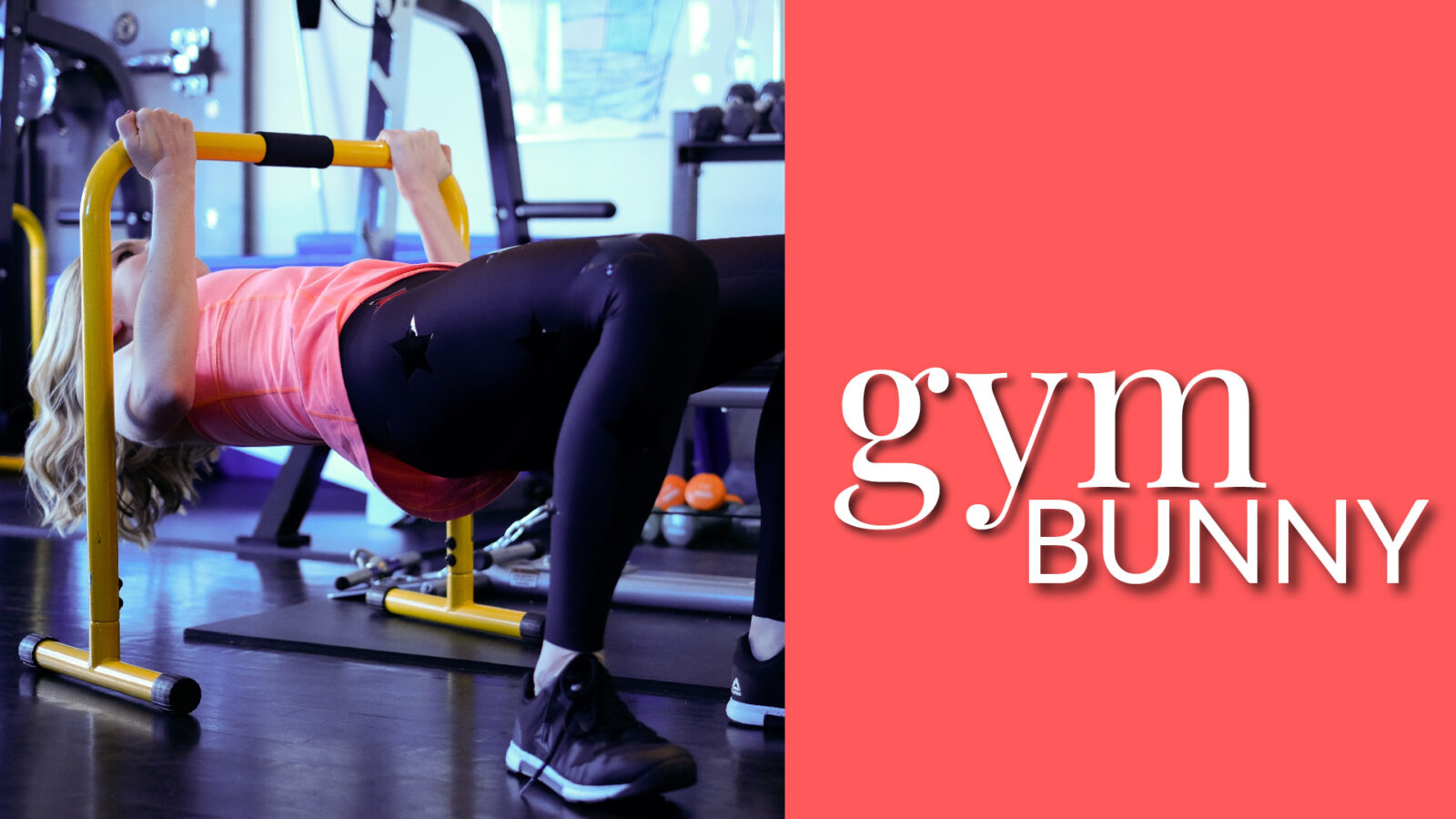It’s a habit-changing journey: Find your inner Odysseus and subdue those Sirens

Habits and rituals include the actions, thoughts, and emotions that we repeat regularly. They happen relatively seamlessly – automatically – below the level of conscious decision-making.
This “automaticity” is both the positive and the negative side of the habit coin.
Positive rituals automate choices that serve the present and future you. They serve as “anchors” in difficult circumstances. They keep us eating well, exercising, and sleeping even when life throws us a curveball.
Unhealthy routines automate the choices that screw the future you.
Roughly 95% of what we do in the course of a day happens automatically. Habits are being created whether you like it or not. You can’t opt-out of habit creation. What you can get to decide is whether your habits will be created by default or by design.
Here are four steps to change habits:
1. Embrace that notion you can’t “skip the suck.”
Habits require an “acquisition period” … an on-ramp. You can’t just hope for healthier habits. You can’t order healthier habits on Amazon Prime.
Yes, once you have a healthy habit it will help keep you on the straight and narrow, but acquiring a new habit takes precision, planning, and conscious attention.
2. Build your awareness.
You can’t create new habits until you face and acknowledge the habits that currently rule your life!
Acknowledge how you act, think, and feel on a habitual basis. Most of us underestimate our unhealthy habits and overestimate our healthy habits. As Peter Drucker, the “father of management thinking,” said, “what gets measured, gets managed.”
Keep a habits journal and track your food, exercise, sleep patterns, etc. Analyze where you are now. Decide where you want to go!
Next, devise the “systems” needed to create your new healthier habits.
3. Systems!
To create a habit, you need to repeat a desired action. To make your future self repeat that action, you need systems.
Motivation and willpower are not reliable. You must create systems that save yourself from your future tired, frustrated, “screw this goal” self. Once you use that system enough times it becomes a healthy habit!
“Think of Odysseus as you, and the Sirens as your health and fitness temptations — the workout you want vs. the cookies in the kitchen cupboard.”
Consider the Greek myth of Odysseus and the Sirens.
Odysseus orders his first mate to tie him up so that when his vessel passes the tempting Sirens, he is unable to submit to the Siren’s enticing calls. He knew his willpower would not be strong enough, so he set himself up for success.
Think of Odysseus as you, and the Sirens as your health and fitness temptations — the workout you want vs. the cookies in the kitchen cupboard.
Systems tie the future you to your goal so that you don’t mindlessly swipe almonds or unconsciously nibble cookies while watching late-night Netflix.
Set up systems so that your less-disciplined self has no choice but to follow through. Examples include:
- Not having food in the house that you don’t want your future self to eat.
- Piggybacking workouts onto something you already do, such as turning your dog walk into an intense cardio workout or taking conference calls as you walk.
- Eating from smaller plates and drinking from smaller glasses.
- Portioning out your snacks, especially when watching TV.
- And, yes, sleeping in your exercise clothes to ensure your morning workout is as convenient as possible.
I talk “systems.” Charles Duhigg, author of The Power of Habit, talks “loops.” For each desired habit, create a clear “cue,” “behavior,” and “reward.” Jim Loehr, the author of The Power of Full Engagement, talks “ritual acquisition missions.” Start each day by stating your mission and how you will conduct yourself.
4. Hold yourself accountable.
Measure your progress and establish a growth mindset.
Create methods of measuring progress to know if you are on your path. Journal? App? Spreadsheet?
We all fall. When you do fall off your horse, take the opportunity to learn. Work to figure out why. Don’t use analysis as a “weapon” against yourself. Holding your feet to the fire is not about judgement; it is about growth. Holding yourself accountable is a way to protect yourself against self-sabotage — our almost infinite ability for self-deception.
When I fall, I ask myself three questions inspired by Loehr, the performance psychologist.
- Was my goal or habit change too ambitious? Make it realistic.
- Was my goal or habit not that important to me? Your habits should connect to something you care about vs. something you think you should care about.
- Were you unsuccessful because you masked the benefits of your current behavior? Maybe you were trying to stop your emotional eating without figuring out the root of your emotions.
Rinse and repeat
To really ingrain a habit, you need to “put in the reps.” Practice and repetition are the keys. Make it your goal to repeat the new habit as many times as needed for the action to feel “natural.” And once it is second nature, keep repeating.
Consciously create as many positive habits and rituals as possible. The more positive rituals and habits we form, the less frequently we use our precious cognitive energy to “decide” to make the healthier choice.
Write your goals down. Then create a plan.
Goals are simply a wish list until proven otherwise. It is not the goal that makes one person, for example, lose weight. It is the systems we put in place to support that goal.
Whether you want to start exercising or quit smoking, the process of change is the same. You must be aware of where you are now, aware of where you want to get, and systematically work, trending slowly towards the future you.
What habits will create your desired future?
Just remember, real change takes time! Evolution is inherently a process. No matter how hard you wish it might be otherwise, the process requires patience and practice.
So, get practicing!












